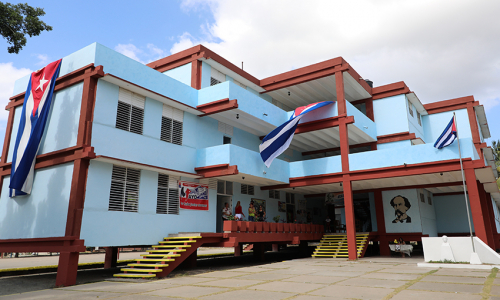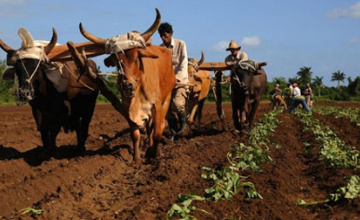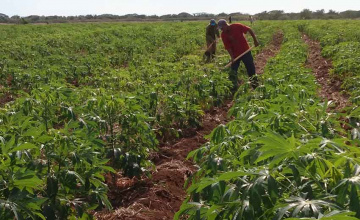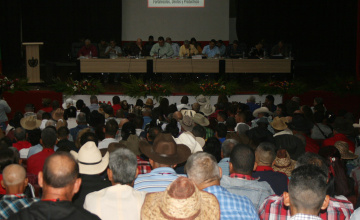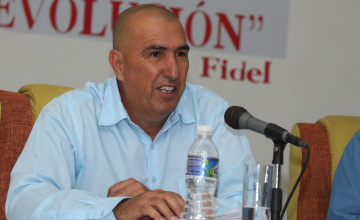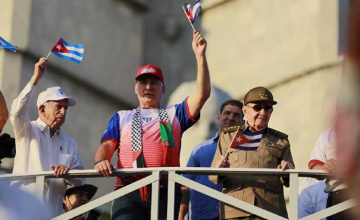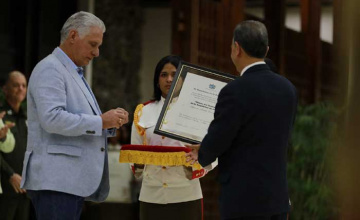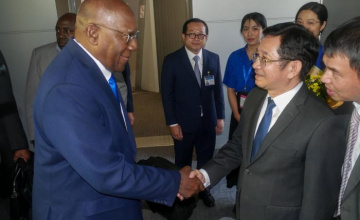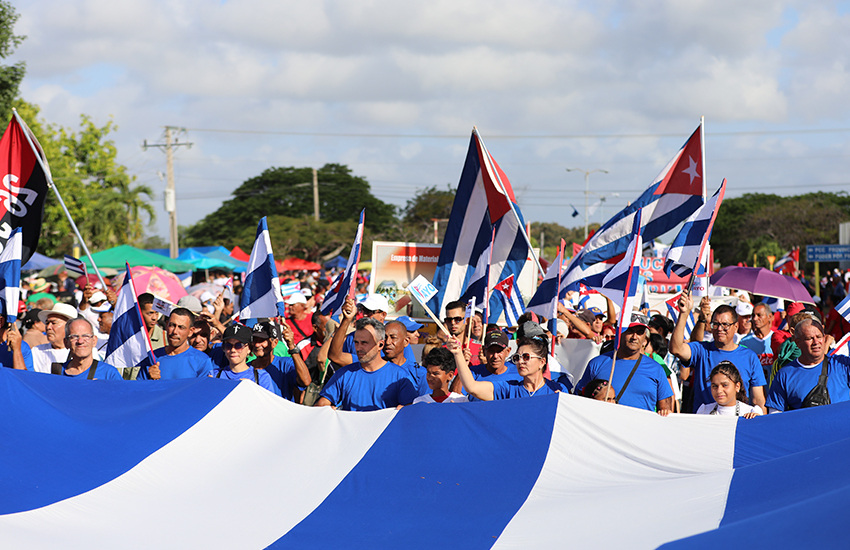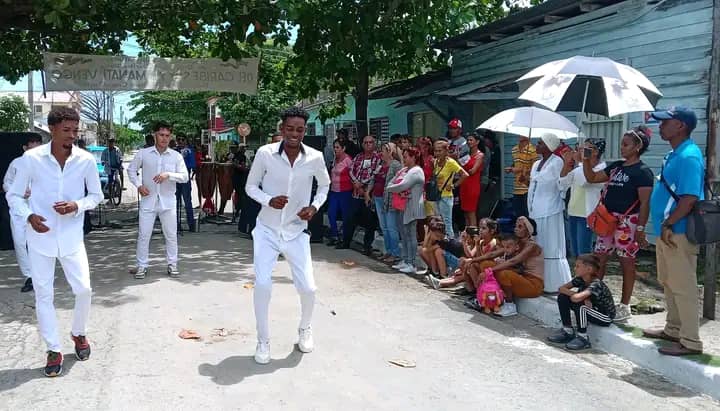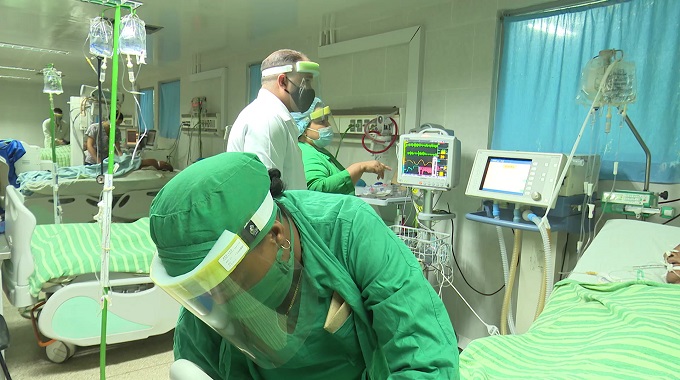
Health requires intersectoral and cross-cutting approaches to address global challenges. This paradigm can only be achieved through the collaboration of all sectors to ensure people's well-being. This was one of the key statements of José Angel Portal Miranda, Cuba’s Minister of Public Health, during his conference Cuba and the One Health Paradigm: Science, Solidarity, and Human Commitment in the Face of Global Challenges. The event took place at the inauguration of the 5th Cuba Health 2025 International Convention.
Havana, Cuba.- Portal Miranda emphasized that the convention serves as a space to debate and collectively build a humanist approach to medical care, promoting a commitment to life and defending health as a fundamental human right. “That is why it is urgent to outline integrative strategies that allow us to respond to the problems that are currently manifesting themselves,” he stated.
He added that addressing these challenges requires systematic, multidisciplinary, coordinated, and solidarity-based actions. “These are approaches we have not always been able to implement for the benefit of the sector,” he acknowledged. The One Health concept, born from the dialogue between human medicine, veterinary medicine, and ecology, recognizes the interconnectedness of all health-related guidelines.
Cuban Medicine: A Preventive and Comprehensive Model
Portal Miranda highlighted that Cuban medicine, rooted in prevention, community vector control, and comprehensive professional training, has always embraced an integral perspective on well-being. “In this sense, the focus on primary care allows the health system to center its actions on individuals and families, with a territorial and intersectoral approach toward the community, supported by well-organized services,” he explained.
The Family Doctor and Nurse Program: A Pillar of Cuban Healthcare
According to Portal Miranda, one of Cuba’s greatest health achievements is the Family Doctor and Nurse Program, established in 1984 under the vision of Commander-in-Chief Fidel Castro. This program is based on health teams that work directly with a limited number of families, providing continuous, preventive, and comprehensive care.
He stressed that this model is “a concrete expression of One Health, linking clinical, social, and environmental aspects.” Cuba has over 10,800 community medical offices integrated with 451 polyclinics, a network that has enabled the country to achieve health indicators comparable to those of developed nations.
Among these achievements, he cited an infant mortality rate of 7.1 per 1,000 live births in 2024 and a life expectancy of 77.8 years—remarkable figures considering financial constraints and the U.S. blockade, which he denounced as “a flagrant violation of human rights” for restricting access to medicines and medical technology.
Cuba’s Vaccination Program and Global Solidarity
The minister also highlighted Cuba’s robust vaccination program, which includes 17 vaccines—10 of which are nationally produced—along with others used in immunization campaigns. He emphasized that the political will of the Cuban state has been crucial in upholding principles of solidarity and cooperation in health.
“When everyone fails, our professionals are there,” he proudly stated, noting that Cuban health workers have contributed anonymously to global well-being. The World Health Organization (WHO) recognizes Cuba’s health system as a global reference.
In conclusion, Portal Miranda reaffirmed that health is a universal human right and vowed that Cuba will continue training professionals dedicated to defending life. (Cuba Si)



